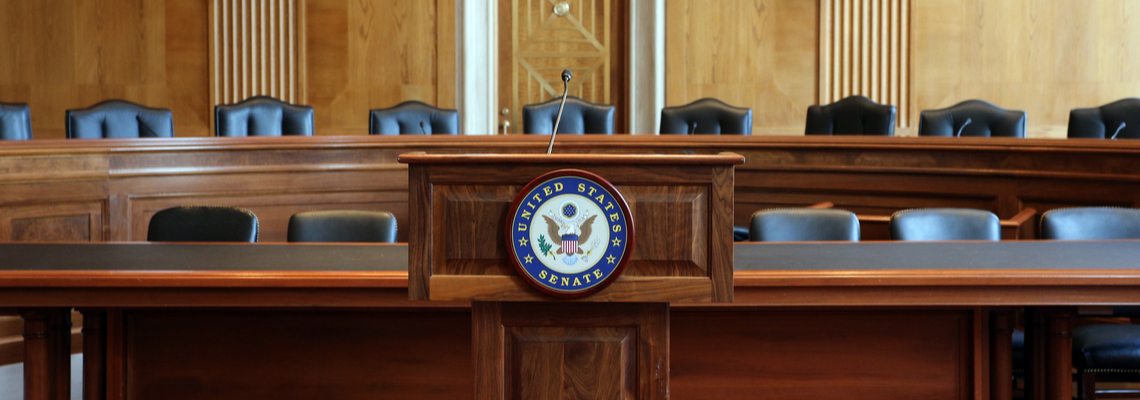UPDATED 11:11am: President Trump has signed S. 2155 into law
On Tuesday the House passed a huge Senate Bill, S. 2155 (commonly referred to as the “Dodd-Frank Reform Bill”). This bill not only impacts regulations for banks, but includes changes for public housing and the big three credit bureaus. Before S. 2155 lands on the President’s desk, take some time to look over some of the following proposed changes.
Public Housing and Section 8 Voucher Changes (sec. 209)
If signed by President Trump, the Secretary of Housing and Urban Development (HUD) will carry out inspections of the physical condition of small public housing projects every 3 years. This inspection includes assessments like a lead safety inspection and an inspection of the agency’s housing voucher program. If an agency fails to maintain the units to satisfactory physical condition or is misapplying their section 8 vouchers, they can be designated as a “troubled small public housing agency”. The agency will then have 60 days (after the date the housing agency is declared “troubled”) to enter into a corrective agreement. This corrective agreement will have a term of 1 year, with the possibility of renewal. If the public housing agency does not comply with the agreement, the Secretary may: contract another agency or private entity to manage the public housing, assume possession of managing the housing, and withhold funds.
Under this bill, small public housing agencies’ development or modernization projects will be exempt from environmental review requirements that cost over $100,000. Small agencies may also elect to be paid for their utility and waste management costs for a period. Additionally, 180 days after this Act is enacted, HUD will develop an electronic system for public housing reporting.
Credit Security Freezes are Free (sec. 301)
This bill allows consumers to place a security freeze on their credit for free. Credit bureaus (Experian, Equifax, and/or TransUnion) will be required to do this no later than 1 business day for requests made via phone or electronically and 3 business days for request made via mail. Once a security freeze has been put in place, the credit bureau will send out a confirmation notice to the consumer informing them of the process to remove the freeze and their rights within 5 business days. If the consumer wishes to remove the freeze, this will also be done free of charge within 1 hour after receiving the request via phone or electronically or 3 business days via mail.
This section of the bill seems to be in response to the 2017 Equifax data breach. To learn more about the pros and cons of security freezes and credit monitoring, click here.
Only time will tell if this giant Senate bill will impact the rental housing industry in any significant way. While the three main credit bureaus might need to make some changes to their internal processes, this should not affect the data quality and accuracy of your applicant’s credit reports. While this bill covers a wide range of topics and industries, the major changes seem to lie with the Dodd-Frank Act of 2010 (read more on that here).







